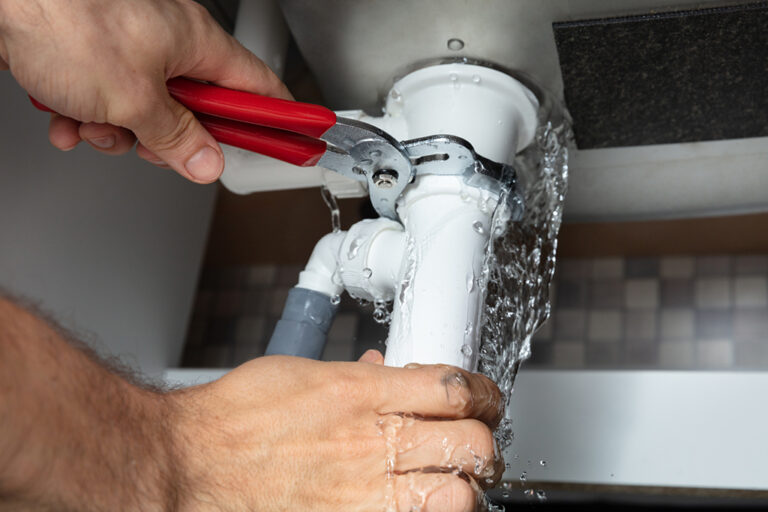
Introduction
In today’s world, the importance of energy savings cannot be overstated. With rising utility costs and increasing environmental concerns, finding ways to save energy is crucial. One often overlooked method is through preventing leaks. By addressing leaks, whether they be water, air, or gas, you can significantly reduce energy consumption and lower your bills. This article will explore how energy savings from preventing leaks can be achieved and why it should be a priority for everyone.
Understanding the Impact of Leaks
Types of Leaks
Leaks can occur in various forms, including water leaks, air leaks, and gas leaks. Each type of leak has its own set of consequences and potential cost implications. Understanding these different types of leaks is the first step in achieving energy savings from preventing leaks.
Economic and Environmental Consequences
Leaks can lead to significant economic and environmental consequences. Economically, leaks can cause increased utility bills, costly repairs, and potential damage to property. Environmentally, leaks contribute to wasted resources and increased carbon emissions. By preventing leaks, you can mitigate these consequences and contribute to a more sustainable future.
How to Detect and Prevent Leaks
Water Leak Detection and Prevention
Water leaks are one of the most common types of leaks, and they can be particularly costly. To prevent water leaks, regularly inspect your plumbing system for any signs of wear and tear. Install water leak detectors and consider investing in a smart water monitoring system for real-time alerts. For more tips on protecting your property from water damage, visit this guide.
Air Leak Detection and Prevention
Air leaks can occur through gaps in windows, doors, and other openings. To detect air leaks, perform a visual inspection and use a smoke pen or infrared camera to identify areas of escape. Seal gaps with weatherstripping or caulking to prevent air leakage. For more information on monitoring your home, check out this resource.
Gas Leak Detection and Prevention
Gas leaks are dangerous and require immediate attention. Install gas detectors and regularly inspect gas appliances for any signs of leakage. Ensure proper ventilation in areas where gas is used. For additional insights on preventing leaks, visit this article.
Technological Solutions for Leak Prevention
Smart Leak Detectors
Smart leak detectors offer real-time alerts and can be integrated into your home automation system. They provide peace of mind by notifying you of leaks as soon as they occur, allowing for prompt action and minimizing damage.
IoT Devices for Monitoring
The Internet of Things (IoT) has revolutionized leak detection and prevention. IoT devices can monitor various aspects of your home, such as temperature, humidity, and pressure, to detect potential leaks. These devices provide valuable data that can be used to optimize energy savings.
Case Studies: Success Stories in Leak Prevention
Residential Success
Many homeowners have successfully reduced their energy bills by implementing leak prevention measures. For example, a family in California installed smart leak detectors and reduced their water bill by 30% within a year. This success story demonstrates the tangible benefits of investing in leak prevention technologies.
Commercial Success
Businesses can also benefit from leak prevention. A manufacturing plant in Texas implemented IoT devices to monitor its facilities and identified several air leaks that were costing thousands of dollars in wasted energy. By sealing these leaks, the plant saved over $50,000 annually.
Benefits of Preventing Leaks
Financial Savings
Preventing leaks leads to significant financial savings. By reducing energy consumption, you can lower your utility bills and allocate those savings towards other priorities. Additionally, avoiding costly repairs and property damage further enhances your financial well-being.
Environmental Benefits
Preventing leaks contributes to environmental conservation. By reducing resource wastage and minimizing carbon emissions, you are actively participating in the fight against climate change. Every small effort counts towards a more sustainable future.
Conclusion
Preventing leaks is a simple yet effective way to achieve energy savings and protect both your wallet and the environment. By understanding the impact of leaks, implementing detection and prevention measures, and embracing technological solutions, you can make a significant difference. Remember, every drop counts, and every leak prevented is a step towards a more sustainable and cost-effective future.

Frequently Asked Questions
How can I detect water leaks in my home?
Water leaks can be detected through visual inspections, water meter checks, and the use of leak detectors. For a comprehensive guide, visit this article.
Are smart leak detectors worth the investment?
Yes, smart leak detectors provide real-time alerts and can prevent costly damage. They are a valuable addition to any home automation system.
Can leak prevention measures help businesses save money?
Absolutely, businesses can save significant amounts by identifying and addressing leaks. Implementing IoT devices for monitoring can lead to substantial energy savings.
This article contains affiliate links. We may earn a commission at no extra cost to you.





